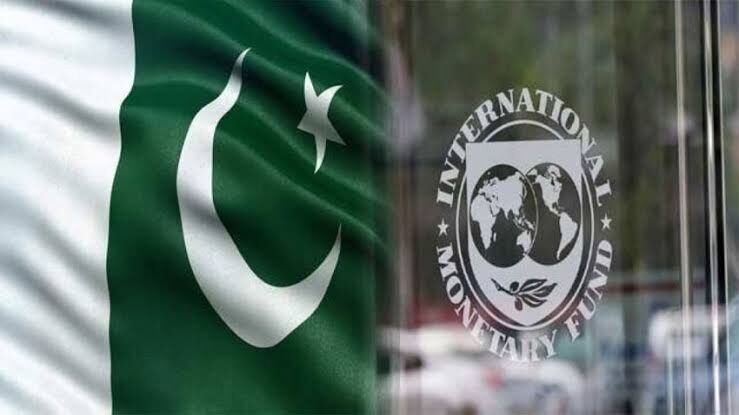Indian venture capitalist Rajeev Mantri has ignited a cross-border social media storm after sharply criticizing Pakistan’s reaction to receiving a $1 billion loan from the International Monetary Fund (IMF). The loan, disbursed on May 9 under the Extended Fund Facility (EFF), was framed by some in Pakistan as a diplomatic victory over India.
Mantri, founder and managing director of Navam Capital, took to X (formerly Twitter) to post, “I am in a WhatsApp group with a bunch of other investors – 9 of us are collectively capable of mobilizing a billion dollars in lesser time than Pakistan if we apply ourselves to it.” He further added that businessmen in Guwahati and Jaipur alone had enough capital sitting idle to match the IMF bailout figure.
In a controversial escalation, Mantri described Pakistan as a “terrorist military-owned country” and claimed it would “die a pig’s death.” His comments drew criticism and support alike, highlighting the polarized environment in the region.
IMF Approval Amid Rising Indo-Pak Tensions
The IMF’s decision to approve the $1 billion second tranche of Pakistan’s loan, and consider an additional $1.3 billion under the Resilience and Sustainability Facility (RSF), has raised eyebrows in India. The disbursement came even as Pakistan’s military reportedly launched drone and missile attacks targeting Indian military installations in western cities.
Also Read: Attention Tech Vendors! Showcase Your Smart Policing Solutions on India’s Biggest Stage
India responded with strong diplomatic objections, calling Pakistan a “prolonged” borrower with a poor implementation record. “Out of the last 35 years since 1989, the IMF has disbursed funds to Pakistan for 28 years,” Indian officials argued, citing the country’s history of taking loans without enacting meaningful reforms.
India’s finance ministry also warned that the IMF’s continued funding of Pakistan, despite its alleged sponsorship of cross-border terrorism, “sends a dangerous message to the global community and makes a mockery of global values.”
Domestic Reactions and Regional Concerns
Jammu and Kashmir’s former Chief Minister Omar Abdullah echoed national concerns by criticizing the IMF’s decision. “I’m not sure how the ‘International Community’ thinks the current tension in the subcontinent will be de-escalated when the IMF essentially reimburses Pakistan for all the ordnance it is using,” he wrote on X, referencing recent attacks in Poonch, Uri, Rajouri, and Tangdhar.
The escalating rhetoric from both sides has turned a financial development into a broader geopolitical controversy. While the IMF maintains that its decisions are purely economic, the disbursement of funds to a nation engaged in military conflict and alleged terror activity has triggered intense scrutiny.
With India increasingly asserting its economic might and private capital strength, remarks like Mantri’s may signal a shift in how Indian business leaders position themselves in geopolitical debates, blurring the lines between finance, diplomacy, and nationalism.


